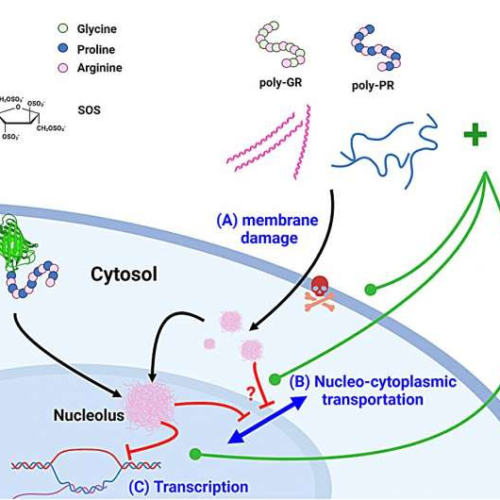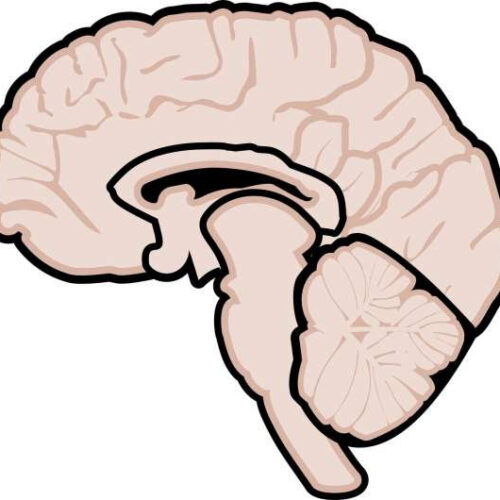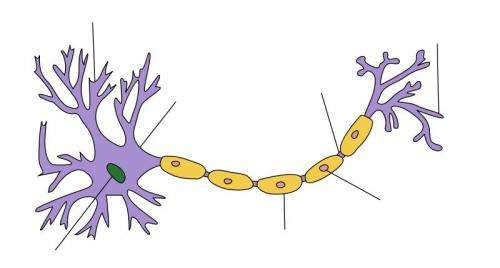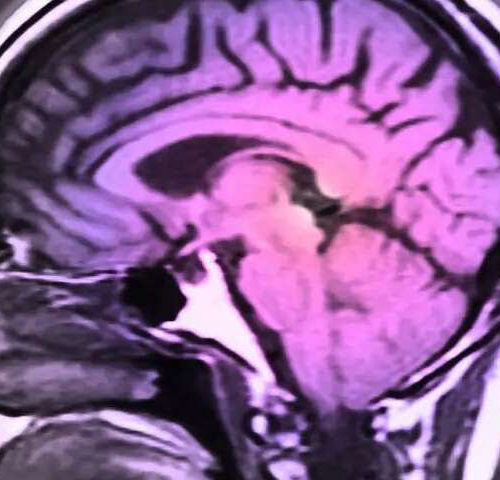by Academia Sinica Schematic representation of mechanisms involved in poly-GR/-PR-induced neuronal degradation and the potential therapeutic action of the sulfated disaccharide SOS. Credit: Academia SinicaAmyotrophic lateral sclerosis (ALS) and frontotemporal dementia (FTD) are neurodegenerative diseases that commonly occur in middle-aged people. FTD is second only to Alzheimer’s disease in terms of dementia prevalence. Both ALS...
Tag: <span>sclerosis</span>
Uncovering why more Black women than ever are being diagnosed with multiple sclerosis
by Ohio State University Medical Center Regular exercise helps Paula Cole manage her multiple sclerosis symptoms. For years she felt helpless to fight her disease, but after connecting with a neurologist at The Ohio State University Wexner Medical Center, she is empowered to live well with the disease, and advocate for the increasing number of...
A key biological pathway for multiple sclerosis uncovered
by The Mount Sinai HospitalImages of diseased spinal cords showing smaller demyelinated lesions when interleukin-3 is targeted. Credit: Mount Sinai Health System Cross-talk between brain cells and peripheral immune cells can modulate the progression of multiple sclerosis (MS), Mount Sinai researchers have discovered. Their findings reveal a previously unknown way in which the brain and immune...
Multiple sclerosis drug works in a surprising way
by American Chemical Society Credit: CC0 Public Domain Drugs called interferon betas are common treatments for multiple sclerosis (MS), reducing relapses and slowing motor function decline. Interferon beta, a protein known to contain a zinc binding pocket, is thought to reduce proinflammatory molecules and even increase production of anti-inflammatory species in MS patients. But researchers now...
Key gene identified for improving multiple sclerosis treatment
by Karolinska Institutet The disease multiple sclerosis (MS) attacks the central nervous system and, with time, can give rise to muscle tremors and loss of balance. Researchers at Karolinska Institutet have now identified a gene, Gsta4, that protects a certain kind of cell in the brain from being destroyed. It is hoped that the results...
Case series: Teriflunomide therapy in COVID-19 patients with MS
During the COVID-19 pandemic, patients with multiple sclerosis (MS) and their clinicians have had questions and concerns about whether immunotherapies for MS could influence risk for infection or lead to an unfavorable outcome. In the Journal of Neurology, Rohit Bakshi, MD, a senior neurologist at Brigham and Women’s Hospital, and international co-authors present the cases...
New insights into the genetic risk factors and disease pathways of multiple sclerosis
by Greta Friar, Whitehead Institute for Biomedical Research Multiple sclerosis (MS) is a debilitating disease in which the body’s own immune system attacks itself and can, over time, permanently destroy the protective sheaths, or myelin, around nerve fibers in the brain. Myelin insulates nerve cells and facilitates the transmission of messages along them. When the...
Brain changes from multiple sclerosis may occur in preteens
(HealthDay)—Greater genetic predisposition for multiple sclerosis (MS) is associated with altered brain white matter development at an early age, according to a study published online March 12 in the Annals of Neurology. C. Louk de Mol, from the Erasmus University Medical Center Rotterdam in the Netherlands, and colleagues evaluated the association between MS polygenic risk...






